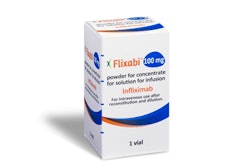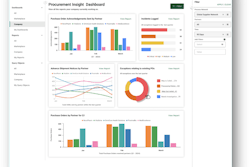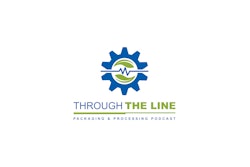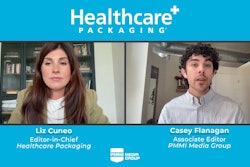The Three Most Critical Product Launch Challenges in Pharma—and How to Meet Them
New product launches in the pharmaceutical sector aren’t what they used to be. They happen more frequently than in years past, but are often smaller in scale, because they involve “orphan” drugs that address discrete patient populations. The result is a significant set of new logistical challenges, both for smaller companies entering the market and giants accustomed to launches involving thousands of pallets. Three challenges in particular stand out:
1. Scaling High or Low
Pharmaceutical companies have become adept at scaling their logistics operations to handle a small number of successful drugs on an ongoing basis, and they have become very efficient at moving these high pallet counts to their various destinations.
In today’s market, however, smaller launches are becoming the rule. Drugs that serve orphan patient populations of fewer than 200,000 are not uncommon. As Pat Kenefick of AbbVie stated the situation at the 2016 UPS Healthcare Forum, “One week of manufacturing might now be one year’s worth of inventory.”
Not surprisingly, the massive logistical resources in place to move more popular maintenance drugs are not cost-effective for these specialty drugs. To further complicate matters, as drugs receive approvals for additional indications, rapid scale-up may be required as companies quickly outgrow their low-volume logistics plan.
In sum, high volume/low distribution strategies are no longer appropriate for today’s launches. Fortunately, third-party logistics (3PL) solutions provided by UPS can meet this challenge. Rather than invest in vaults, warehouses, and other infrastructure, which may not be cost-efficient, or build new supply chains to meet changing market conditions, companies should consider outsourcing to third-party logistics providers such as UPS.
2. Diverse Sales Channels
A second issue concerns managing distribution channels. Pharmaceutical companies have long been accustomed to moving product almost exclusively through one single channel: large wholesalers. Today, for a variety of reasons related to both economics and market demand, they are beginning to ship directly to other distribution points. These include hospitals, physician groups, specialty distributors, and other smaller entities. These new channels may require new logistical resources and capabilities, such as storage facilities in a geographical area where none exist, or the ability to deliver in small quantities.
In these situations, the combination of existing infrastructure and transportation solutions, coupled with healthcare expertise offered by UPS, can provide proven solutions that are flexible, cost-effective, and available immediately. In addition, the company can provide the agility required to quickly address new customers or regions, should the need arise.
3) Greater Frequency and Complexity
A third challenge concerns the frequency of drug launches, which has increased dramatically. This year, to cite an extreme example, Kenefick’s company AbbVie faced two launches within two weeks. This faster pace means the cycle of waiting for approvals and then racing into distribution takes place far more frequently. This puts even more pressure on logistics teams to be prepared in less time for rapid delivery.
Compounding this challenge of greater frequency is the reality that new product launches are often more complicated than in the past. As Laura MacNeill of Novartis Pharmaceuticals Canada put it at the UPS Healthcare Forum, the industry is dealing with “much more complex products, with temperature sensitivity, small, small volumes, high value, and in tandem, significant changes in drug regulations.”
Not all third-party logistics solutions are well-suited to manage the challenges of varying scale, sales channel diversity, and increased frequency. UPS offers several specific benefits to the pharmaceutical sector:
- A unified global organization that offers a single platform, and healthcare expertise to take full responsibility for success, while minimizing the problems that are inherent in hand-offs from one team to another.
- An in-depth understanding of the multiple transportation and storage regulations for pharmaceuticals in virtually every country and regulatory jurisdiction in the world.
- The capability to handle today’s new biologics and orphan drugs, including solutions for temperature-sensitive and ultra-high-value drugs.
A Flexible Approach on a Global Scale
The logistics components of today’s product launches demand new and flexible resources. Older, one-size-fits-all approaches are no longer adequate, and attempting to adapt them to channels for which they were never intended can cause significant operational problems. This strategy can also erode the bottom line.
In contrast, UPS offers proven resources that can be precisely matched to the specific needs of any launch. This level of agility–available on a global basis–ensures launches that not only bring the right product to the right customer at the right time, but do so in a cost-effective manner.
Learn more about how UPS serves the Pharmaceuticals And Biotech Industries here.
 Return to Supply Chain Strategies
Return to Supply Chain Strategies





















